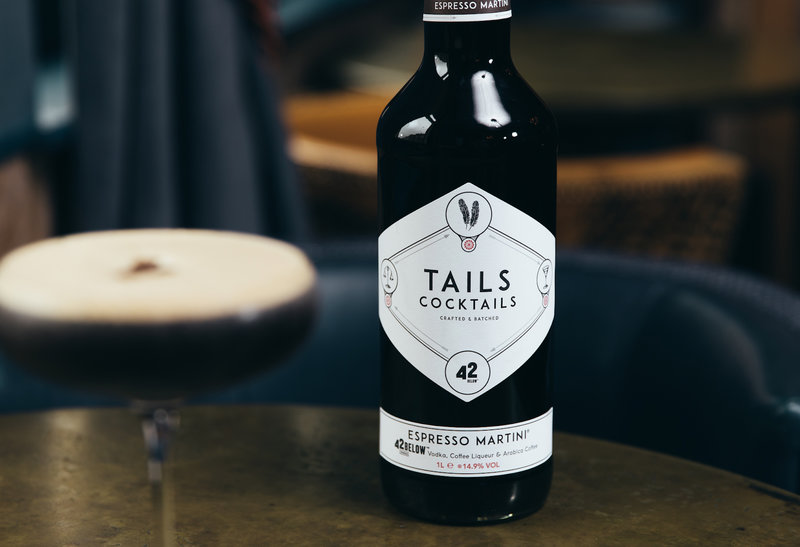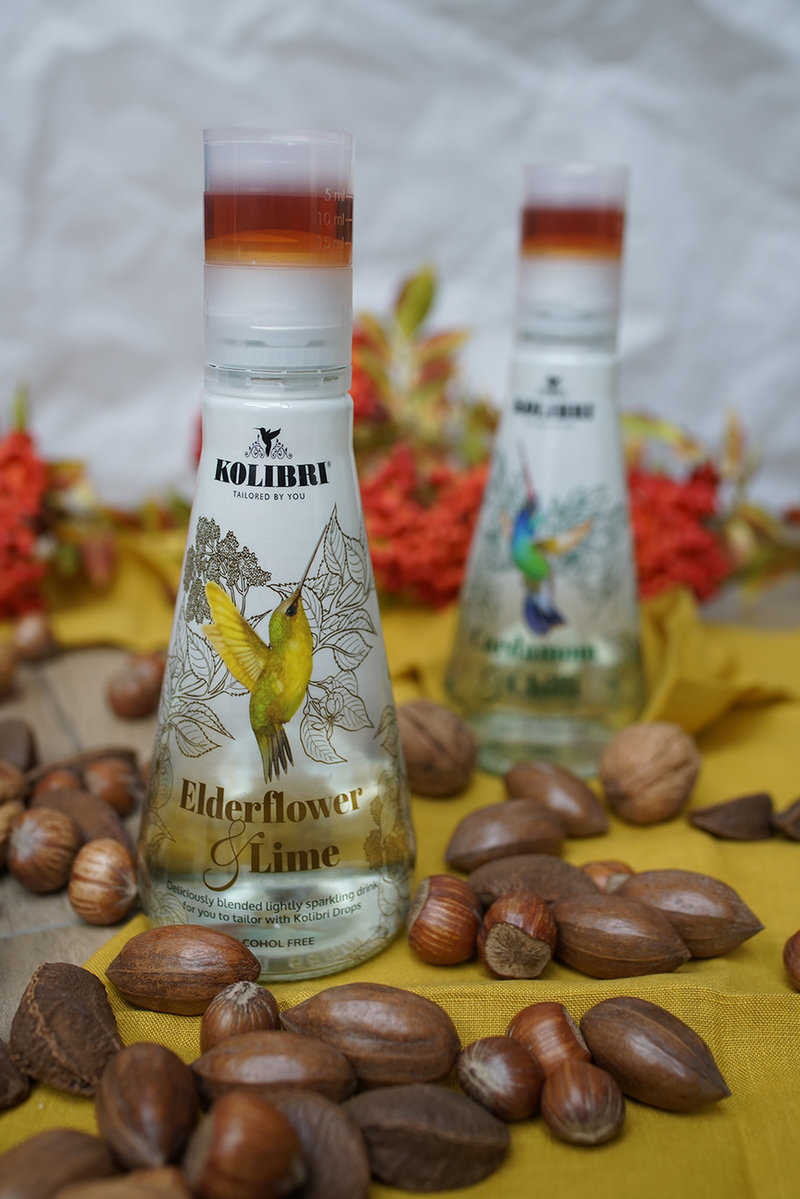The small producers pioneering ethical business models
The UK’s ethical food and drinks market grew by 43% between 2013 and 2018 from £5.7bn to £8.2bn, fuelled by demand for products and brands that show consideration for the ethical, environmental and social impact that they have.
With the ethical drinks market growing, and corporations slow to react, smaller producers are leading the way in responding to consumers’ concerns.
“Ethics and sustainability is at the core of our business model and we have built this into the foundations of Tails Cocktails from the start,” explains Nick Wall, founder of Tails Cocktails.
Research conducted by the company found that 86% of bartenders across the country admit that as much as 20% of their stock is wasted monthly due to unused ingredients. Pre-batched cocktails, where the drink is somewhat pre-prepared, can help to eliminate this waste. The company also uses zero-plastic, 100% recyclable packaging, as well as the lightest glass available, which reduces the environmental impact of transportation.
As Luxembourg’s first cider producer, Ramborn has helped to reestablish an ancient tradition of fermenting fruit grown in the region.
Ramborn is also focused on reducing waste, having built its processes using a circular economy approach that aims to reuse materials whenever possible.
“Domestically we use returnable, reusable bottles, for example, which are distributed in reusable crates specifically designed with so-called cradle-to-cradle principles,” says Adie Kaye, president of products and marketing for Ramborn.
As Luxembourg’s first cider producer, Ramborn has helped to reestablish an ancient tradition of fermenting fruit grown in the region. Many of Luxembourg’s orchards have been neglected over the past century, putting the habitat of thousands of animal and plant species under threat.
“They are Europe’s rainforests and are in need of protection. This will require a long-term, multi-generational effort,” Kaye explains. “By reviving the ancient culture of cider in our region – and by sharing our message far and wide – we are generating demand for this precious fruit and thereby allowing the farmers to value and care for the trees they have.”

Tails Cocktails aims to reduce product waste at the bar. Image: Tails Cocktails
Ethics over profits
Rather than being solely focused on revenue, a desire to do the right thing is the driving force behind this new breed of business.
Ramborn, for example, is currently going through the process of gaining B Corporation certification. B Corp shows that a business balances purpose and profit, and legally requires them to consider the impact they have on their workers, suppliers, customers, community and environment.
The B-Impact Assessment, a series of questions designed to provide a snapshot of a company’s impact and where it can improve, has allowed Ramborn to identify actions that will help it to continually improve its impact and build these actions “into the bones of our corporate governance”.
With demand for ethical products increasing, catering to this emerging market may seem like easy money, given 66% of global consumers are willing to pay a premium for ethical products according to Nielsen. However, a higher retail price doesn’t necessarily mean more revenue for ethical drinks producers.
Ironically, using pre-recycled glass in our bottle manufacturing is more expensive than manufacturing new glass each time.
There is a little additional revenue in ethical products, says Kaye, although this additional revenue is typically seen by retailers rather than manufacturers. Being a conscious business come with additional costs, too.
Kolibri, for instance, makes all of its bottles from recycled glass to minimise its environmental impact. Likewise, the company is also ‘Made in Britain’ accredited, which shows its commitment to supporting local manufacturing and employment.
“Ironically, using pre-recycled glass in our bottle manufacturing is more expensive than manufacturing new glass each time,” says Sitwell. “Being ‘Made In Britain’ limits our sourcing to the UK only. Lowering the environmental impact of transportation comes with a premium price tag.”
According to Sitwell, the company could shave 30% off its costs by moving production elsewhere in Europe.
This is a problem that all ethical drinks companies face, but those like Kolibri that are committed to their cause are willing to persevere no matter what the cost.
“Naturally there is a premium when looking at sustainable methods of creating products, however that is something that we value and something that our customers value too,” Wall says.

Kolibri uses pre-recycled glass and operates under the ‘Made in Britain’ accreditation. Image: Kolibri Drinks
Drinks corporations must act
Corporations are paying more attention to the demands of their consumers and considering the impact that they have, too.
Beer behemoth Carlsberg, for example, carried out a materiality assessment in 2016 with the help of sustainability nonprofit Business for Social Responsibility. This allowed it to identify four key ethical areas for the business to focus its efforts: energy & carbon, water, responsible drinking and health & safety. Carlsberg has since committed to improving in these areas in line with the Paris Climate Accord and the United Nations’ Sustainable Development Goals.
Carlsberg has set itself some lofty targets to achieve by 2030, but for global corporations, even minor changes, such as ensuring employees are recycling their waste properly in the office, could make a difference.
For large corporations to make an about turn to thinking about business in this way will take decades – there is no way around this.
Changes don’t need to be big and costly, Wall says: “There are many small changes corporations can use, such as clever ways of sourcing goods, packaging, distribution, donating parts of profit to give back.”
However, without the agility of a small business, it is likely to be some time before corporations can approach sustainability in the way small producers currently are. This only adds to the urgency with which changes need to be made.
“For large corporations to make an about turn to thinking about business in this way will take decades – there is no way around this,” Kaye insists. “We want them to join us, of course. We are all better off when they do. We need them to join us – this is not something we can do alone – and we need them to start now. There is no other time.
“What would it cost? A lot. But nowhere near as much as the cost of not doing it.”